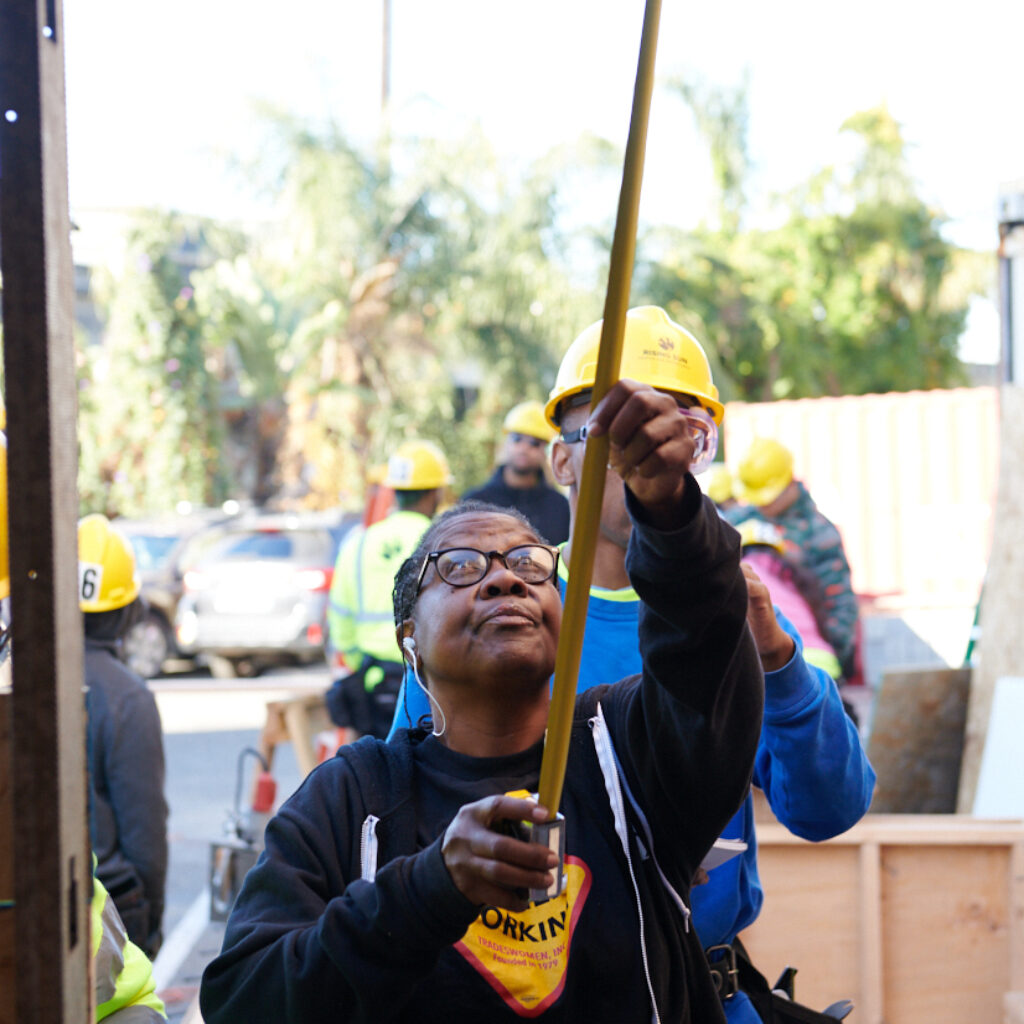Rising Sun Executive Director Jodi Pincus goes to the WISE Summit in Qatar
The first day of the WISE Summit, I grab my UN headset, which translates at least five languages, and sit down for the opening session. This year’s conference theme is imagine-create-learn: creativity at the heart of education. The opening scene is a theatrical presentation with phenomenal production values. Click here for the video.
Her Highness, Sheikha Moza Bint Nassar (The Queen) gets up to speak. She has tremendous style, like Jackie O, and besides being an incredibly interesting woman to look at, I am struck by her leadership and initiative to educate the fifty-eight million out of school children around the world. She is doing remarkable things with her wealth and pushing the boundaries for women in the Middle East. I sit in the room with over 1,800 people from around the globe, 130 countries represented and I remember why I find this conference so exciting.
The next speaker is Tony Wagner, first Innovation Education Fellow at the Technology & Entrepreneurship Center at Harvard. He talks about the reality, that education is no longer the key to upward mobility and that creativity is now a moral imperative. In order to prepare children for the 21st century we need to cultivate their creativity, their ability to solve problems differently and that education based on testing and getting the answer right, it not the right kind of education for the 21st century.
He went on to say that with the internet, knowledge is now a free commodity like water (although we can debate whether water is free commodity for all) and that information is easily accessible for to all. What matters most is not what you know but what you can do with what you know. Businesses are looking for people who can solve complex analytical problems, collaborate to solve those problems, can figure things out on their own and can innovate.
The key question is what must we do differently to develop people’s capabilities to innovate? We are all born curious, and it makes me ponder how can formal and non-formal education – such as Rising Sun’s programs — foster this. Wagner thinks this can be done by teaching collaboration; teaching that failure is key to innovation; and encouraging risks, failure and mistakes. “Fail early and fail often.” He also says the role of a teacher is as a coach and not a knowledge bearer; that changing education is an economic necessity in an innovation economy.
The session made me think about the role of nonprofits a problem solvers to social and environmental problems and how we are part of a system in which the funding doesn’t necessarily give us the flexibility to solve these problems creatively through trial and error.
How can philanthropy change — or the non-profit model change — so that we are encouraged to solve problems through new and innovative approaches in which we won’t be penalized for failure? Also, what is Rising Sun’s role in the non-formal education system and how can we foster creative thinking and problem solving in our work?
After an inspiring morning, I made my way down to the creative lab where there were stations where you can learn through play, coding and creativity. I solved math problems with Legos and learned how coding works. Then through the non-formal education method of networking, I got a wine lesson from an Indian Australian, a math lesson from a Cyprus PHD who is proposing a new methodology to teaching math and spent time with two woman from Saudi Arabia and Qatar discussing creativity in education. Those are just a few of the people I met, spent time with and were inspired by. The level of intellectual curiosity was very high.
Read next part here
